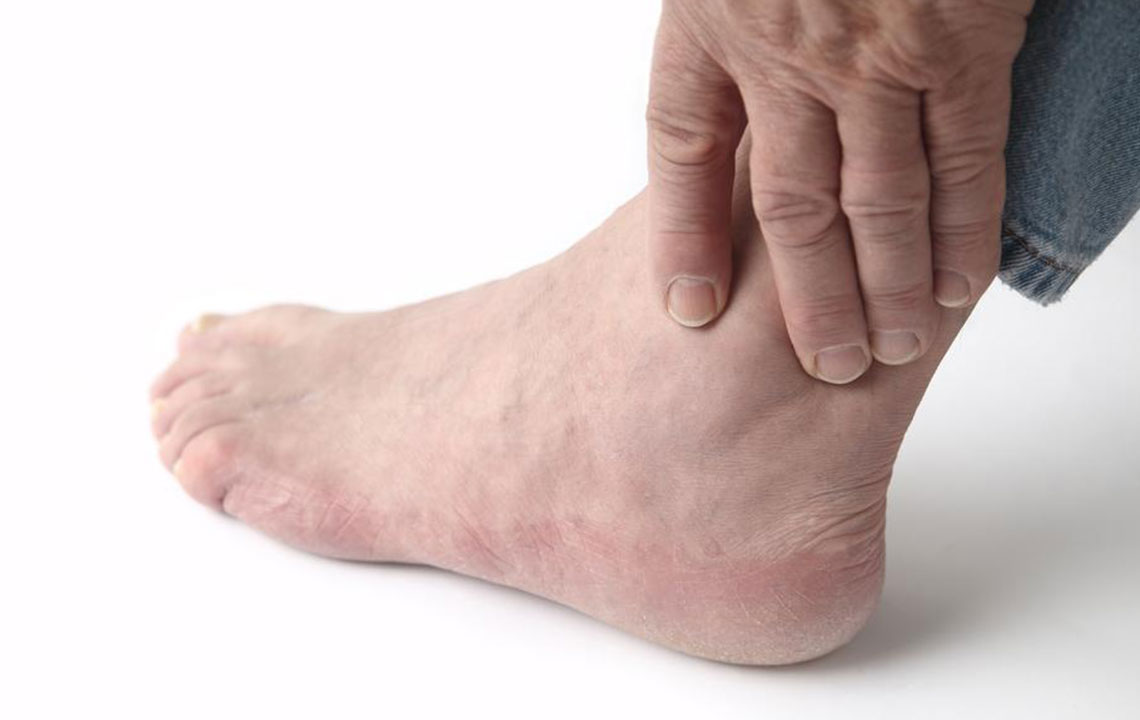Common FAQs About Gout and Its Management
This article offers essential answers to common questions about gout, including risk factors, stages, quick relief methods, and dietary tips. It aims to educate readers on managing gout effectively through lifestyle changes and medical support, helping prevent severe attacks and joint damage.

Understanding Frequently Asked Questions About Gout
Gout, also known as gouty arthritis, is a prevalent form of joint inflammation caused by an excess of uric acid in the bloodstream. It often presents as sudden, intense pain, swelling, and stiffness, especially in the big toe joint. Gout attacks typically occur unexpectedly, often in the middle of the night. This article addresses key questions about gout, its risk factors, stages, relief methods, and dietary considerations to help you manage and prevent episodes effectively.
What factors increase the likelihood of developing gout?
Genetics: Family history can predispose individuals to gout.
Health conditions: Conditions like high cholesterol, diabetes, hypertension, and heart disease elevate the risk.
Age and Gender: Men aged 40-50 are more susceptible, while women become vulnerable after age 60.
How does gout progress through its different stages?
Asymptomatic Hyperuricemia: Elevated uric acid without symptoms; crystals start forming in joints.
Acute Attack: Sudden, intense joint pain triggered by factors like stress, alcohol, or certain foods.
Interval Gout: Pain-free periods between attacks, though uric acid buildup persists.
Chronic Gout: Ongoing high uric acid causes frequent attacks and joint damage, risking mobility loss.
What quick remedies can relieve gout pain during an attack?
Use anti-inflammatory medications to reduce pain immediately.
Rest the affected foot, elevate it, and apply ice packs to ease discomfort.
Stay well-hydrated by drinking plenty of water.
Seek prompt medical attention for severe or persistent pain.
Which foods should be incorporated or avoided for gout management?
Include fruits, vegetables, legumes, nuts, whole grains, low-fat dairy, eggs, herbs, and plant oils.
Avoid organ meats, seafood high in purines, sugary foods and drinks, processed foods, and yeast products.
Dietary adjustments can help control uric acid levels and reduce flare-ups.
Tags: gout management, gout attack relief, uric acid, gout diet, joint health










